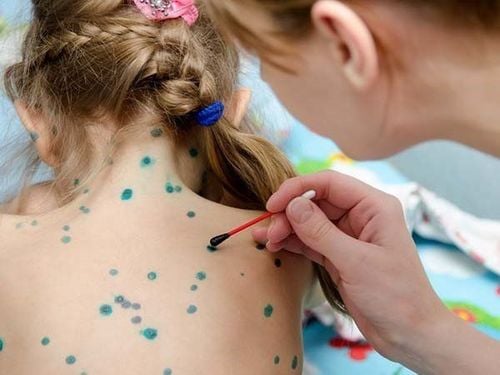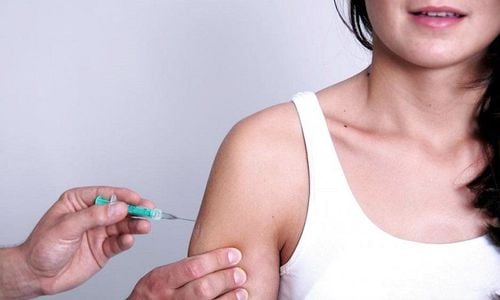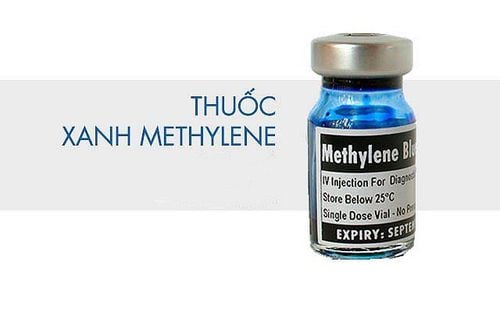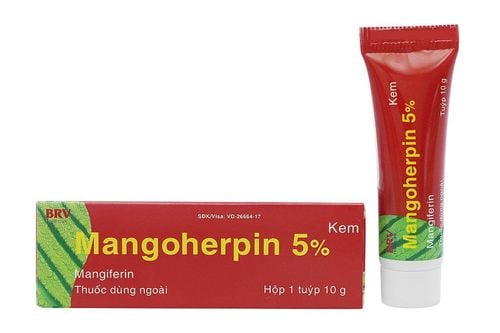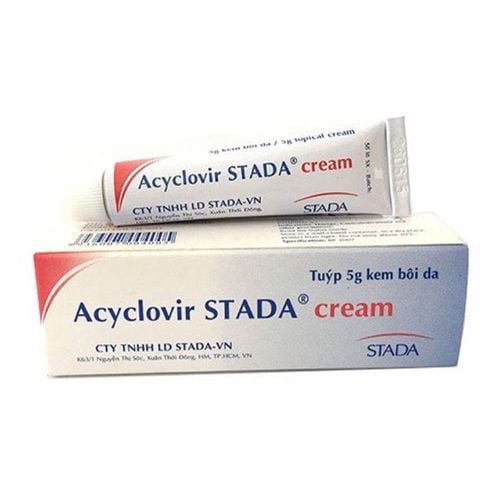The article was consulted by the Head of the Department of Internal Medicine, Vinmec Ha Long International General Hospital.
Chickenpox is a very common disease and can occur in anyone. Among them, children are one of the most susceptible groups to chickenpox. Therefore, understanding chickenpox and preventive measures is extremely necessary. So, how long does it take for chickenpox to heal? Can you take a bath when you have chickenpox? Let's refer to the article below to get accurate information.
1. How is chickenpox transmitted?
Chickenpox, also known as varicella, is caused by the Varicella Zoster virus. Chickenpox is quite benign and almost every child contracts it once in their lifetime. Chickenpox is primarily transmitted through direct skin contact or respiratory droplets.
In its benign form, chickenpox hardly affects health. The rashes and blisters can cause itching, redness, and are very likely to leave scars, affecting aesthetics.
However, if chickenpox progresses to complications, it can cause pneumonia, skin infections, hemorrhagic chickenpox, neurological diseases, and even threaten the patient's life.
2.How long does it take to recover from chickenpox?
Typically, after contracting chickenpox once, the body will develop immunity against the disease. However, in cases where the body has a weak immune system, chickenpox can recur. Chickenpox goes through four stages of development:
- Incubation period: Depending on the individual's constitution, the incubation period for chickenpox can range from 1 to 2 weeks. For those with weak immune systems, pregnant women, or the elderly, the incubation period can be significantly shorter.
- Prodromal stage: This stage usually lasts from 1 to 2 days. During this time, the patient may notice the appearance of pinkish-red rashes, itching, along with symptoms such as loss of appetite, skipping meals, headaches, and mild fever.
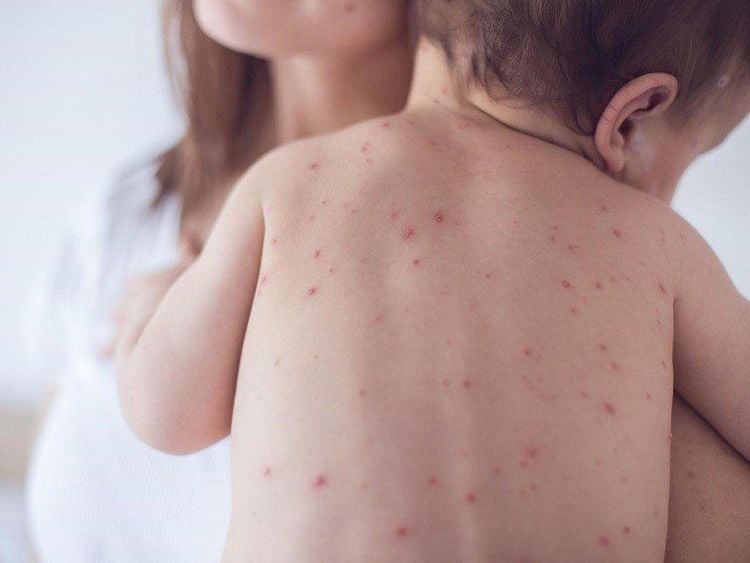
- Full-blown stage: At this stage, the patient will develop red, blister-like rashes about the size of a pea, some of which contain thick pus and spread across the body.
- Recovery stage: Depending on the care and precautions taken, chickenpox will heal in about a week. During this time, the blisters will crust over and peel off. Therefore, proper care is needed to minimize scarring.
Thus, depending on the individual's condition, it takes about 7 to 21 days for specific symptoms to appear. After that, it will take an additional 7 to 10 days from the full-blown stage to complete recovery. However, for those with weak immune systems, chickenpox can last from 2 to 3 weeks before fully healing.
3. Can you take a bath when you have chickenpox?
According to folk experience, when you have chickenpox, you should avoid bathing and wind exposure. However, can you take a bath when you have chickenpox, or should you avoid water completely? To recover quickly from chickenpox, patients need to bathe with clean and warm water.
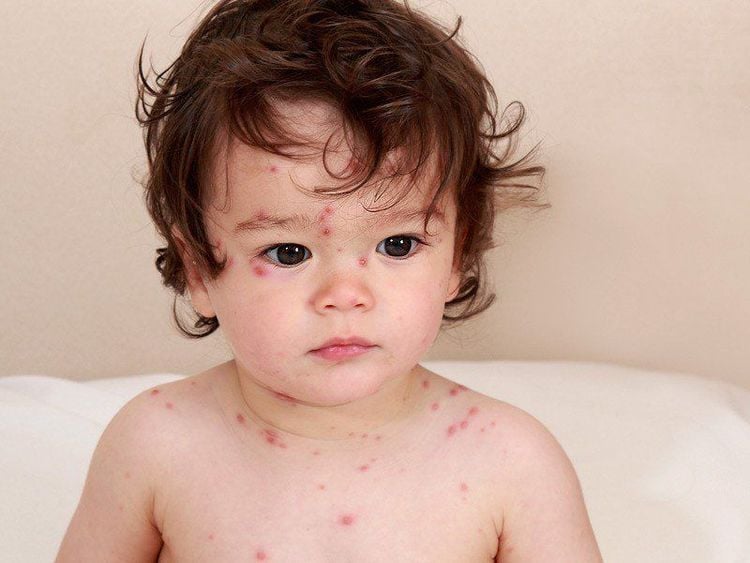
However, during bathing, patients should be gentle, avoiding rubbing or scrubbing the blisters with hands or towels, as this can cause the blisters to burst and spread. When you have chickenpox, you should keep your nails trimmed and avoid scratching or picking at the blisters to prevent them from breaking and becoming infected.
Additionally, patients should wear loose, breathable clothing to avoid discomfort.
4. Do you need to avoid wind when you have chickenpox?
In fact, using a fan or being exposed to wind does not affect chickenpox. However, patients should only use a fan gently to create a cool atmosphere and dry sweat. Do not use a fan too strongly or go outside when the wind is too strong, as this can make the body cold, weaken health, and worsen the condition.
5. Some Notes When Having Chickenpox
Lifestyle and personal care play a significant role in determining how long it takes to recover from chickenpox. To recover quickly and minimize complications, patients should follow these guidelines:
- Avoid eating a lot of fried and greasy foods.
- Limit dairy products such as ice cream, milk, butter, and cheese, as they can cause your skin to produce more oil, creating conditions for the virus to develop and spread.
- Avoid fruits high in vitamin C because the blisters can appear in the mouth, and consuming these fruits can make the sores more painful and ulcerated.
- Avoid spicy, hot, and salty foods as they can irritate the sores.
- Avoid crowded places to prevent spreading the infection to others.
- Do not share personal items such as clothes, towels, and facecloths with someone who has chickenpox.
- Patients should wash their clothes thoroughly and not mix them with the clothes of other family members.
- After washing, clothes should be dried in a sunny, airy place and ironed carefully.
To prevent the spread of chickenpox, patients should isolate themselves to recover quickly. Additionally, those who have not had chickenpox, especially children and women planning to become pregnant, should get vaccinated to protect the health of the mother and fetus. Vinmec International General Hospital provides vaccination services for chickenpox and other infectious diseases such as measles and mumps for all ages and health conditions of each customer with quality and safety standards.
To arrange an appointment, please call … or make your reservation directly HERE. You may also download the MyVinmec app to schedule appointments faster and manage your reservations more conveniently.
The Importance of Timely Vaccination
According to health experts, even during an epidemic, parents should still take their children for vaccinations on schedule. Delaying vaccination can increase the risk of contracting diseases that have been eliminated or make infectious diseases like flu, measles, chickenpox, sore throat, and pneumonia more severe and harder to treat.
In the first five years of life, children develop a complete immune system, so full vaccination is an effective way to boost their resistance. Parents should follow the recommendations of the World Health Organization (WHO) and the Ministry of Health, such as wearing masks correctly and washing hands frequently with disinfectant solutions. Additionally, parents should stay updated with accurate information about the COVID-19 strain to protect themselves and their families from the Coronavirus.
In areas without an epidemic, mothers can still take their children for vaccinations according to the appropriate schedule for their age, but avoid crowded places, book appointments in advance to avoid waiting, and go to trusted medical facilities with adequate infrastructure.




